Assistant Professor
NOMIS Center for Immunobiology and Microbial Pathogenesis

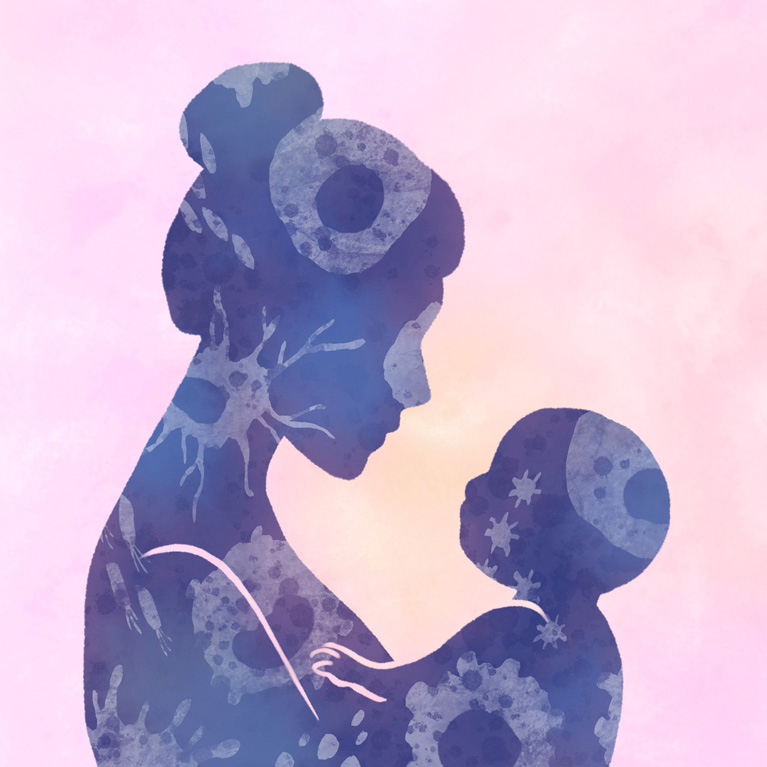
For babies: A mother’s microbiota, diet, exposure to infections, and other environmental factors are crucial for a newborn’s early development and long-term immune health. But it remains unclear exactly how these maternal factors influence a person’s susceptibility to autoimmune disorders such as inflammatory bowel disease later on. Studying the underlying biological mechanisms will help us better understand the causes of autoimmune and inflammatory diseases and enable researchers to develop interventions to prevent and treat them.
For moms: How the maternal immune system changes during pregnancy and breastfeeding is poorly understood. Studying the ways immune cells function during these crucial times, especially in the intestine and the mammary glands, will help advance our understanding of women’s health. This information will also help us understand how maternal changes during these stages affect breast milk and offspring health for multiple generations.
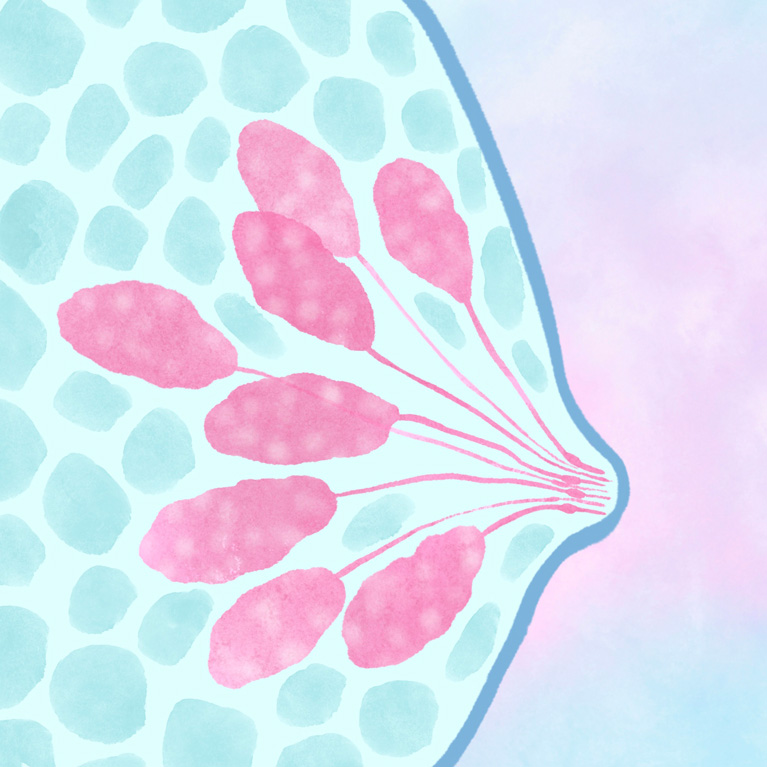
Ramanan’s lab uses a combination of single-cell techniques, metabolomics, and metagenomics in mouse models, human tissue samples, and breast milk to study the immune cell landscape and other maternal factors. Her team is interested in how the immune system influences both maternal health and offspring immunity for multiple generations.
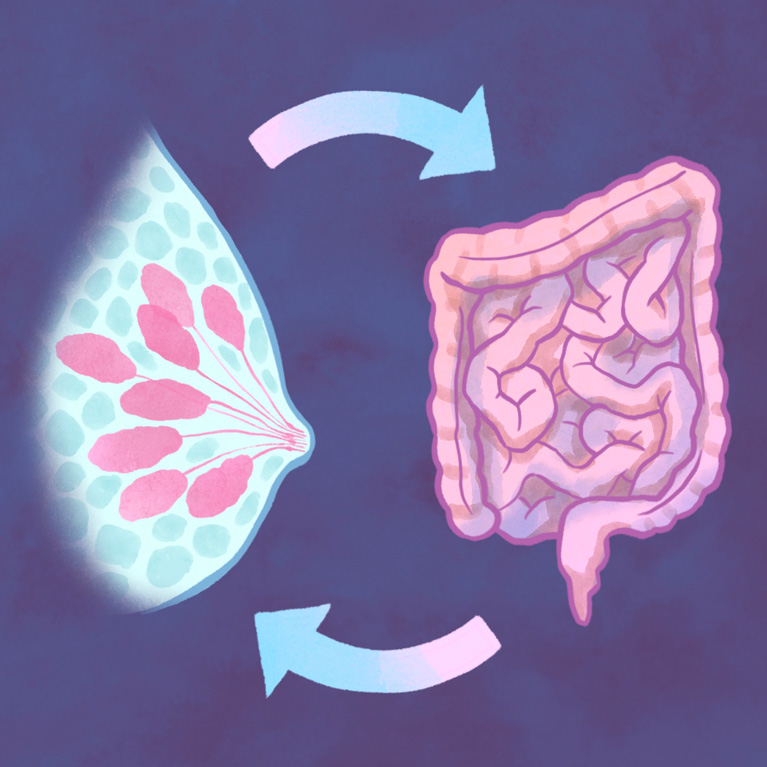
Entero-mammary axis: Ramanan discovered that communication between the mother’s intestine and mammary glands can impact breast milk composition and influence offspring intestinal immunity in a mouse model.
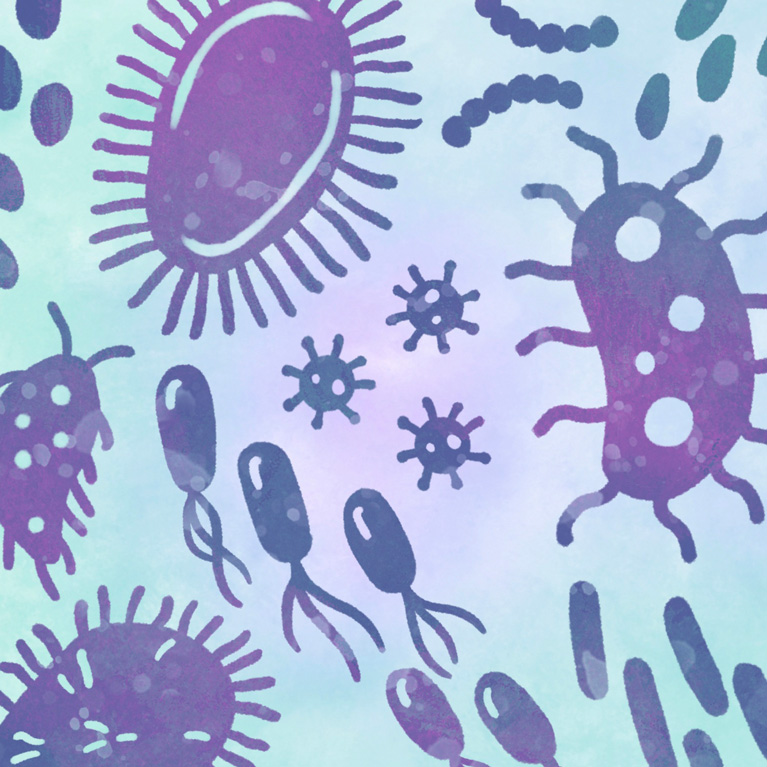
Host-microbe interactions in early life: Ramanan found that the way mouse maternal antibodies coat an offspring’s intestinal microbes in the first week of life can determine the offspring’s intestinal immune landscape in adulthood.
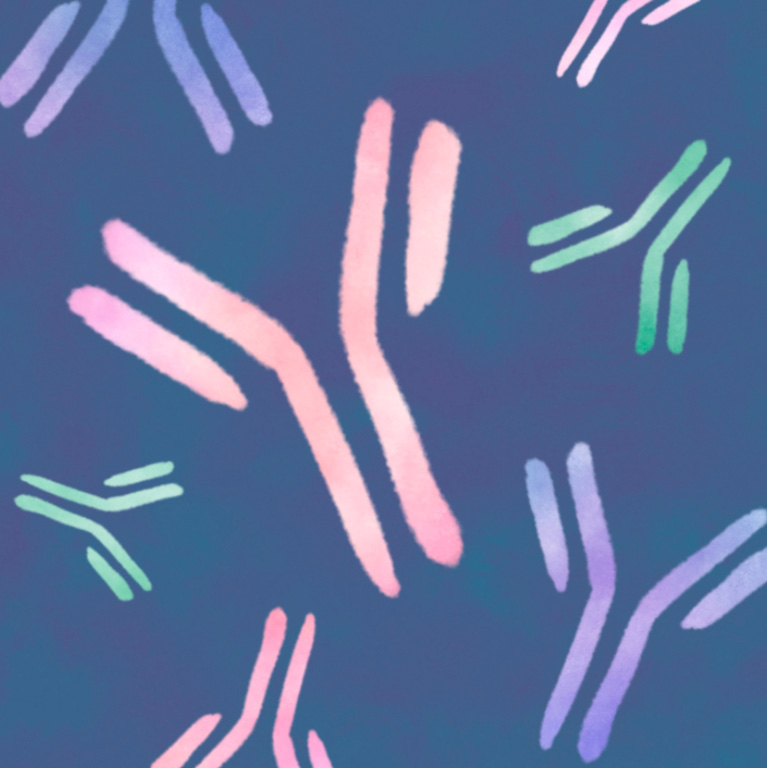
Multigenerational immune transfer: Ramanan discovered that immune traits can be maternally transferred for multiple generations in mice.
Postdoctoral Fellow, Harvard Medical School
PhD, Immunology and Inflammation, New York University
BS, Cell and Molecular Biology, Winona State University